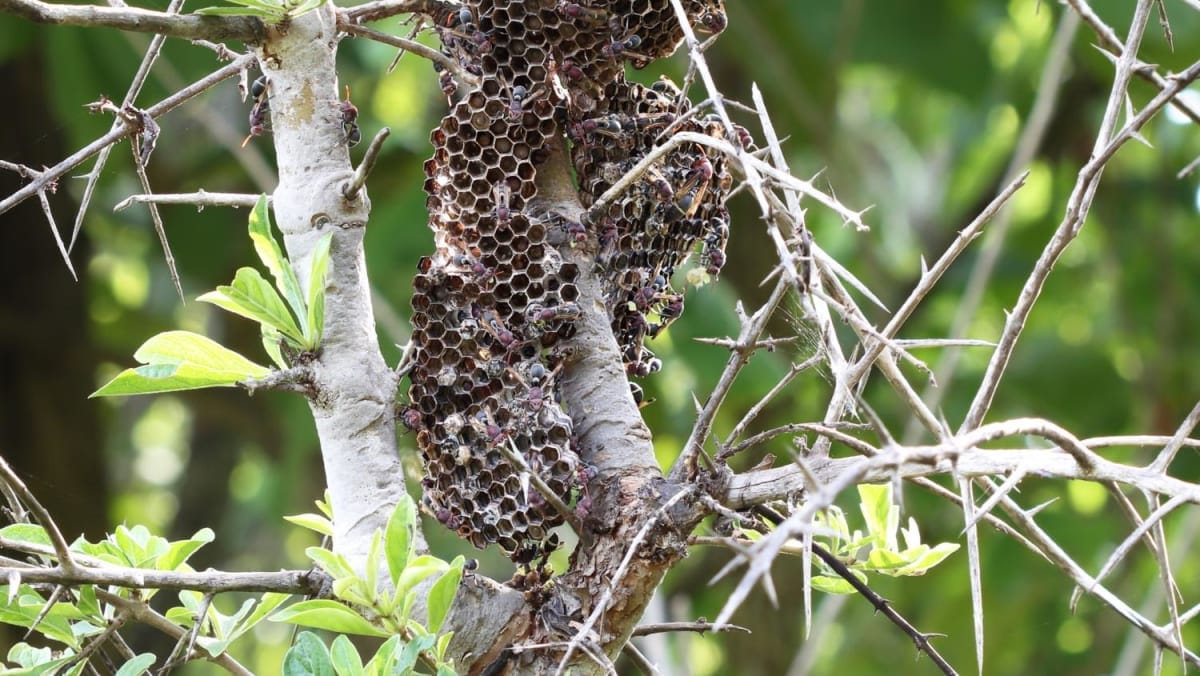Insect stings and bites: How deadly are they and when to seek medical attention

Source: TODAY
SINGAPORE -- A 60-year-old man was cycling along a park connector in Sembawang when he was attacked by hornets. He later died from the stings.
At a coroner's inquiry into the incident that happened in 2022, the court heard that the cause of death was multi-organ failure following the insect stings, as well as ischaemic heart disease.
Similar cases of insect stings turning deadly have been reported in the past:
Although such fatal incidents are rare, insect stings can be a hazard.
Data from the National University Hospital (NUH) showed that last year, a total of 265 patients were seen for insect bites or stings at its emergency medicine department and children's emergency.
Three quarters of the cases were children.
Five patients -- one child and four adults -- required hospital admission for further treatment.
Over at Tan Tock Seng Hospital (TTSH), its allergy service has seen 21 patients with insect venom allergy of all severities in the past five years.
TODAY spoke to doctors and experts who study insects to find out why some insect stings lead to bad effects and how to stay safe.
1. THEY ARE THREATENED AND DEFENDING THEMSELVES
Insects such as hornets, wasps and bees usually sting in self-defence when they feel threatened or are provoked.
Biologist Carl Baptista has had some "close shaves" when he accidentally disturbed nests during fieldwork, but understanding insect behaviour helped mitigate risks.
"Quick withdrawal and avoiding sudden movements helped prevent stings," he added.
Mr Baptista is the founder and chief technology officer of Cuprina Holdings, a biomedical and biotechnology firm where the flagship product is a bio-dressing made of live medical-grade maggots.
Insects might sting also if someone provokes them in some way.
Nests or hives are usually disturbed unintentionally, which causes the insects to go into an "alert" mode.
"Even if one of the alerted insects is disturbed, the rest of the hive can be called (to home in on the threat)," Mr Baptista said.
2. THEY ARE GUARDING TERRITORY
Entomologist Moo Chee Yuan from Cuprina said that walking close to a nest may increase the risk of being stung since these insects are protective of their territory.
Insects may also go into an "alert" mode if a branch falls on their nest or hive, when grass is cut or pruned, or when mosquito fogging is carried out.
However, unprovoked attacks are rare unless a nest is disturbed or the insects feel threatened by human presence.
